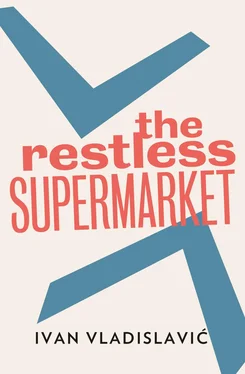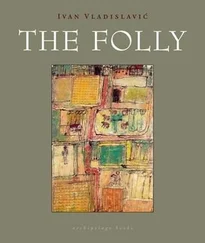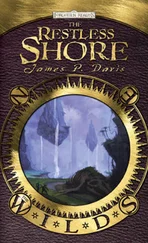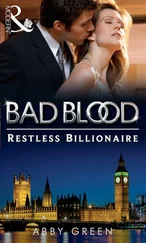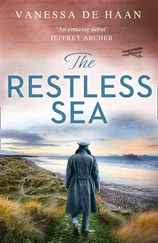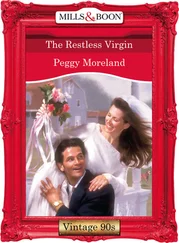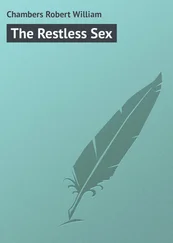He twisted everything around. He said my ‘outburst’, which was really no more than a mild reprimand, was ‘petty jealousy’. He began to tease me.
‘Got the hots for old Merlé?’ Smirking in the shadow of his lascivious quiff, as if he was talking about a beast in heat, a leghorn or an Aberdeen Angus. And this while Merle was at the table! The way he pronounced her name only made it worse; I had set him right several times, but he insisted that it rhymed with Perlé. As in Paarl Perlé.
‘Mer- lay ! Ter- lay !’ he began to chant. The rhyme (properly pronounced) had occurred to me too, but I would never have expressed it. It was like something out of a rhyming dictionary.
‘What are we up to now, Martinus?’ Merle said in her sweet way, and smiled to conceal her embarrassment.
‘Mer- lay ! Ter- lay !’ It still resounds in my head, across the years.
I was prepared to cast a positive light on the Eddie-Come-Latelies and their crude ways, and especially on the faults of ignorance. Bogey had started out saying ‘Merlie’, but then he was a foreigner and he only needed correcting once. Wessels was incorrigible. If anything, being amended only spurred him on. That Wessels should cleave to me, like a limpet to a bass, like a leech to a calf … stick to rather than part from (6).
In the end, those two arch-offenders, Empty and Bogey, the guileful and the gauche, drew Merle into their mischief. I came upon them one afternoon, conspiring together. I saw in a flash that they were up to no good.
It was on this very day that I first noticed the hill in the mural, the one shaped like my head, Arthur’s Seat or the Mount of Olives, depending on your nationality. Possibly even one of the hills of Rome — although Rome, as Wessels once informed me, was not built on a Sunday (we were arguing about restrictions on the trading hours of bottlestores). I’ve already confessed that the oddest ideas were popping into my head as ‘The Proofreader’s Derby’ took its toll on my mental health. I tried to find the connections afterwards; they had their heads together, whispering, and they sprang apart as I approached. I had a startling impression of Wessels’s hair, sleekly crouched over his brutal thoughts like some marsh-dweller on its eggs. I sat down, in an awkward silence. My eyes turned to the streets of Alibia, roaming from quays lapped by a dirty vinaigrette of engine-oil and brine, along cobbled ways past factories and boarding houses, to the staircases of the hills, and to one hill in particular, thrusting up through a greasy thundercloud (the residue of Bogey’s hairdo, which he would rest against the wall, although Mrs Mavrokordatos had asked him not to).
A shadow, which matched the hill in every particular, although it was marginally smaller, lay upon the painted surface; and turning slightly, I saw that it was the shadow of my own head. At one special angle — if I gazed into the corner where Mrs Mavrokordatos sat behind her till, keeping watch over the dainties and a growing array of bottles — the silhouettes were identical. Why had I never noticed it before? The source of the shadow was a spotlight above Mevrouw Bonsma’s piano, recently installed in place of the bluebell lamp to make her more visible, even as she became less audible. Perhaps it had been adjusted lately, perhaps I had never sat in exactly this spot before, and a unique combination of variables had produced a unique optical effect. Spilkin would be in a position to explain the physics of it; but he was absent without leave. I waggled my head, so that the shadow elongated and contracted, again and again, returning always to the point at which its shape echoed the hill’s perfectly.
Eveready at my elbow, plucking the sleeve of my blazer to get my attention. I had ‘wandered off’, as they say, which was not like me. Tea, to calm the nerves.
‘As I was saying,’ Wessels was saying, although he had not been speaking at all, ‘you don’t wanna get dirty. Wear a jean or overalls.’
The discomfort welled up again.
‘And don’t forget your torches.’
I feigned indifference. But later on, I contrived to leave the Café at the same time as Merle and, concealing my bad temper, quizzed her about the mystery.
‘Tinus is planning a little outing for next Saturday,’ she said.
‘Who? Oh, him. Where to?’
‘The zoo.’
‘Of all the hare-brained—’
‘Keep your voice down, Aubrey. We’re going to see the animals. People do it all the time. It’ll be great fun.’
She knew as well as I did that we frowned on extramural socializing. One had to protect one’s privacy. This Wessels character, for whom everyone felt sorry, seemed determined to turn everything upside down. Perhaps he was trying to push me out of the polygon?
‘Who else is going?’
‘Just Tinus and Bogey and me so far. There’s place for one more. We were going to ask you.’
‘What about Spilkin?’
‘He’s busy, bad luck for him. We’re trying out Bogey’s car.’
‘His car!’
‘He’s bought himself a Mazda.’
‘I thought he was broke.’
‘He has business interests that bring in a little.’
‘Can he drive? They drive on the right over there.’
‘He’s got his learner’s.’
‘I should have been kept abreast.’
That made her giggle like a schoolgirl. I was reminded of Wessels and his childish rhymes. And then I became aware of Merle’s bosom, which had never impressed itself upon me so insistently before, and of my embarrassing head. This playground atmosphere was becoming intolerable.
In the weeks that followed, I worried that someone else would notice the resemblance between my head and the hill, and make me the butt of a joke. I thought about changing seats. I thought about withdrawing from the Café entirely. But more than ever, I began to see Alibia as my territory, which it was up to me to defend. Afterwards, when one of the others cast a shadow on my head-shaped hill, my capital, it was as if they were inside my head. My head was in the city, a part of it, as solid as the earth beneath my feet. And Wessels and the others were in my head, flitting through it like migrant workers without the proper papers, as insubstantial as shadows.
*
The Zoological Gardens were even more trying than I’d anticipated.
We went at night. The authorities had instituted special night tours to allow for the viewing of nocturnal animals. Learn more about hyenas, bats, civets and owls, the pamphlet said. Bring your own torch. Prying into the lairs of innocent creatures? It did not strike me as edifying, and I thought of staying away. But then I imagined Merle surrounded by animals like Wessels and Bogey.
Predictably, the Mazda was a jalopy. On the rear bumper was a sticker that read: Don’t look at my tits. I had come across this bit of smut before, emblazoned across the front of a harlot’s T-shirt. Distasteful as it was, one saw the logic: it gave lechers like Wessels an excuse to gaze at the breasts in question. But its import in relation to a motor car was obscure.
Bogey was scarcely competent behind the wheel. To make matters worse, he’d brought one of the Bogeymen along, a slab of gristle called Zbignieuw. Merle had to sit in front, next to the driver, who perched himself on a copy of the Reader’s Digest Book of the Car . That left Wessels, Zbignieuw and me to cram into the back, which was already cluttered with empty bottles and dirty laundry. I refused to ride bodkin. I’d be squashed to a pulp. In the end, Zbignieuw piled in first and Wessels and I had to squeeze into the unoccupied margins. Just my luck to be on the driver’s side, where I could smell the back of Bogey’s head, wafted to me on the breeze like the aroma of a Sunday roast. As I’d feared, he was wearing the leather jacket. It was bound to incense the beasts.
Читать дальше
